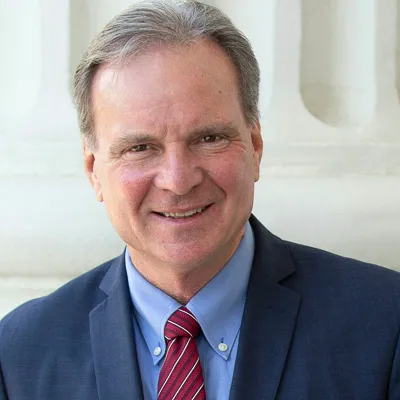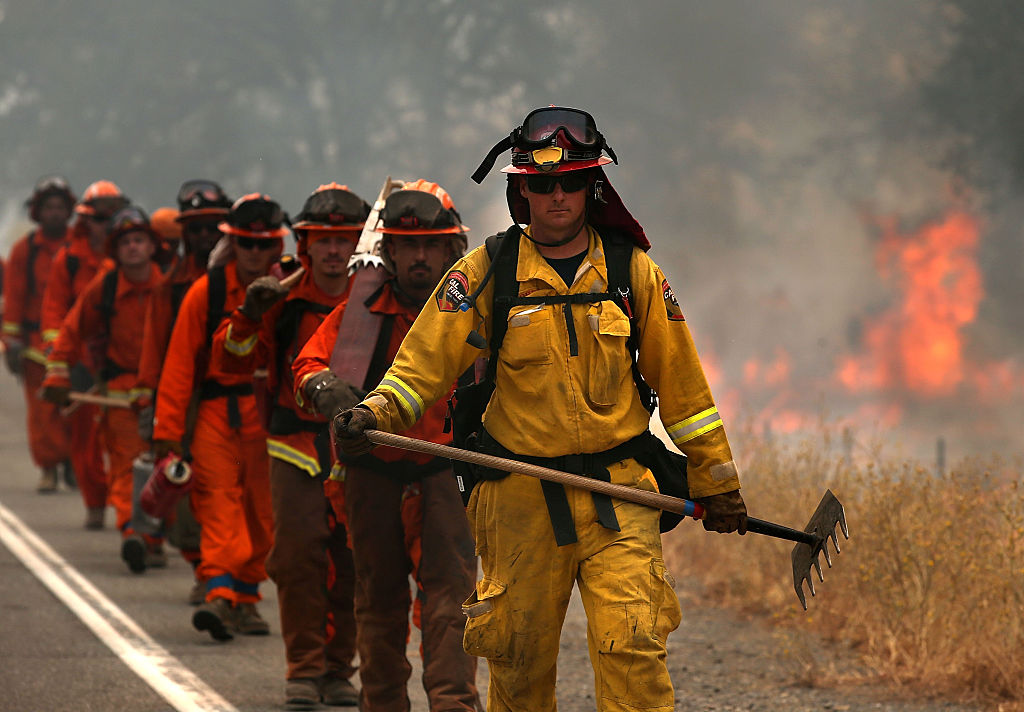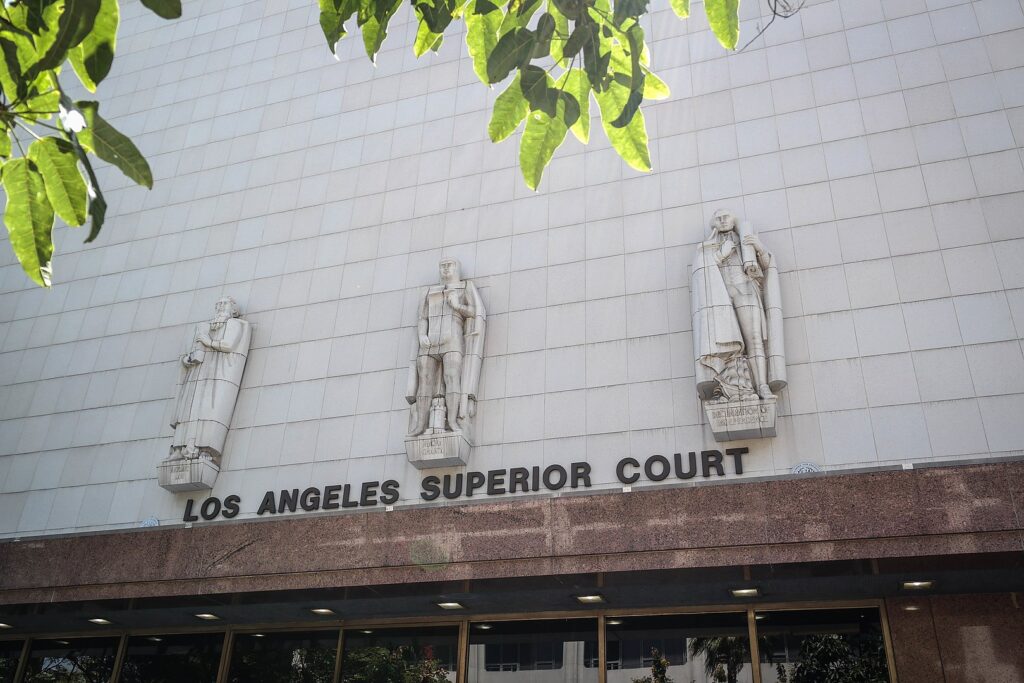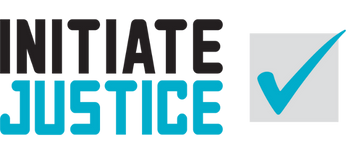Transparency and accountability in California’s prisons depend on allowing the right people inside to see what’s happening. But right now, legislators, legal professionals, and others often face lengthy, repeated clearance processes to enter CDCR prisons and detention facilities — even when their work is essential to oversight and reform.
SB 553, authored by Senator Dave Cortese, removes those barriers. The bill streamlines access to CDCR facilities by granting short-term clearance to key individuals without requiring repeated applications, ensuring they can carry out their roles more effectively.


This bill will authorize the CDCR to recommend incarcerated firefighters to be considered for resentencing. It will also allow incarcerated firefighters to petition the court to be considered for resentencing.

This bill will increase the pay that incarcerated hand crew members receive for the hours worked while actively fighting fires.

This bill will make clarifying changes to the procedures for Racial Justice Act (RJA) claims. It ensures greater consistency, transparency, and accessibility for people raising claims of racial bias in their cases.
